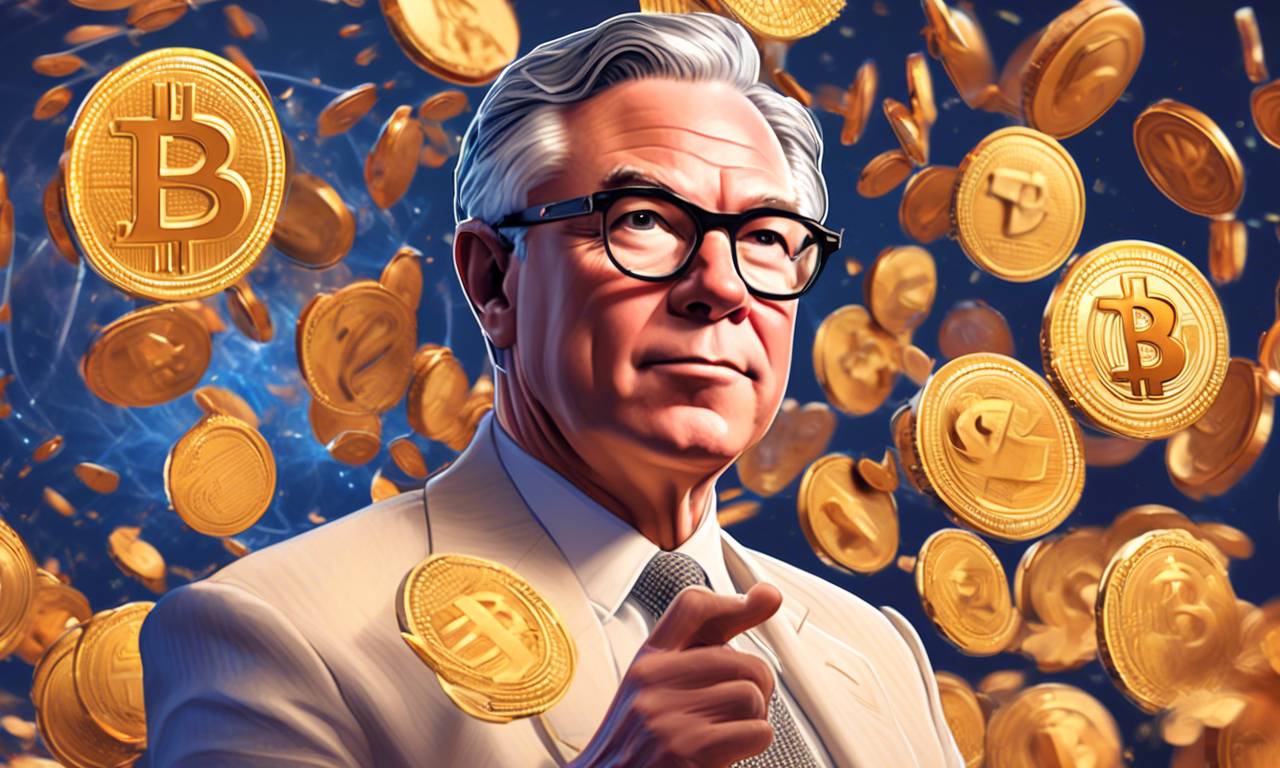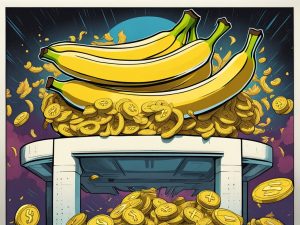Federal Reserve Chair Discusses Digital Currencies
In a recent testimony before the House Financial Services, Federal Reserve Chair Jerome Powell shared his thoughts on digital currencies, including bitcoin and central bank digital currencies. While he acknowledged that money has become increasingly digital over time, particularly in the form of cryptocurrencies, he emphasized that a central bank digital currency would be different from these decentralized currencies.
Differentiating Central Bank Digital Currency from Cryptocurrencies
Powell explained that a central bank digital currency would be designed to emulate cash, rather than a decentralized cryptocurrency like bitcoin. While bitcoin and other cryptocurrencies are decentralized, meaning that they are not controlled by any central authority, a central bank digital currency would be centralized, with a government or central bank responsible for its issuance and management.
One concern with a central bank digital currency is that it would allow the government to monitor all transactions made with the currency. Powell emphasized that this is not something the Federal Reserve would propose in the United States, as individual accounts for all Americans would be a privacy concern. Instead, a central bank digital currency would likely be managed through the banking system, with only banks having accounts at the Federal Reserve.
The Current State of Central Bank Digital Currencies
While there has been increased interest in central bank digital currencies in recent years, Powell noted that the Federal Reserve is still “nowhere near” adopting or recommending a digital currency in any form. However, he acknowledged that the evolution of technology and the increasing digitization of money may make a central bank digital currency more viable in the future.
Powell is not alone in discussing central bank digital currencies. Many countries around the world are exploring the possibility of creating a digital currency, including China, which has already launched its own digital currency. However, the implementation of a central bank digital currency remains a complex and multifaceted issue, with various political, economic, and technological factors to consider.
Concerns with Central Bank Digital Currencies
While a central bank digital currency may have its benefits, including greater security and financial inclusion, there are also concerns with the concept. Here are some of the potential drawbacks of a central bank digital currency:
– Loss of Privacy: As Powell noted, a central bank digital currency could potentially allow the government to monitor all transactions made with the currency, raising concerns about individual privacy.
– Risk of Cyberattacks: A central bank digital currency would likely be a prime target for cyberattacks, as hackers could potentially gain access to large sums of money.
– Centralization: As discussed earlier, a central bank digital currency would be centralized, meaning that it would be controlled by a central authority. This raises concerns about government overreach and the potential for abuse of power.
– Technical Complexity: Implementing a central bank digital currency would require a high degree of technical expertise, as well as significant investment in infrastructure and resources.
Conclusion
While the Federal Reserve is not currently considering adopting or recommending a central bank digital currency, the idea remains a topic of interest and debate. As technology continues to evolve and money becomes increasingly digital, it is possible that a central bank digital currency may become more viable in the future. Nonetheless, there are concerns and challenges that must be addressed before such a currency can become a reality.
Hot Take: Central Bank Digital Currencies – The Future of Money? 💰💻
The idea of a central bank digital currency may seem strange and futuristic to some, but it’s something that many governments and central banks around the world are considering. While there are potential benefits to a central bank digital currency, including increased security and financial inclusion, there are also serious concerns about privacy, cyberattacks, and centralization. At this point, the Federal Reserve is not advocating for a central bank digital currency in the United States, but it’s an issue that will likely continue to be discussed and debated in the years to come.





 By
By
 By
By
 By
By
 By
By
 By
By